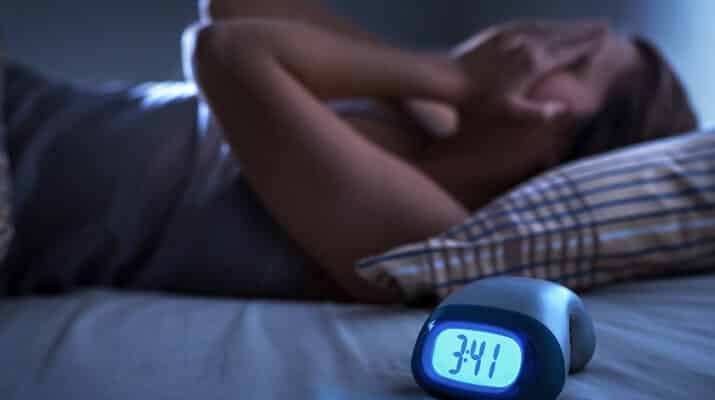By Deborah Jeanne Sergeant
If you struggle to sleep well at night, you could have a sleeping disorder. However, your sleeping habits — sometimes called “sleep hygiene” — could be to blame.

“There are hundreds of sleep disorders,” said Misol Kwon, Ph.D., registered nurse and research project assistant and data analysist at UB. “There are different diagnoses that require you to go on a sleep study. There are so many disorders, like restless leg, sleep apnea, narcolepsy and many more. You can have a sleep study to get evaluated. But there are also bad sleep habits. You can mention it to your primary care provider.”
This can help address the root cause, like pain or anxiety.
Kwon said that insomnia may include difficulty in falling asleep, staying asleep or awakening too early. Any of these can result in daytime sleepiness. Chronic insomnia occurs at least three nights a week for a month or longer.
“The first step should be to evaluate sleep hygiene or healthy sleep habits,” said Soda Kuczkowski, sleep health educator, certified sleep coach and founder and owner of Start with Sleep, LLC in Buffalo. “If lifestyle and behavioral factors have been addressed with little to no success it may be time to evaluate for a medical sleep disorder or to speak with a sleep coach or consultant that can provide a more targeted approach to identifying the root cause of a sleep challenge through an investigative evaluation and sleep health education.”
Insomnia is the difficulty in falling or staying asleep. In addition to sleep hygiene, it’s also helpful to look at medications that can disrupt sleep, as well as food.

“Of course, caffeine is the biggest culprit here,” said Jane Burrell, registered dietitian, specialist in lifecycle nutrition and medical nutrition therapy and associate teaching professor at Syracuse University. “Caffeine is a central nervous stimulant that can disrupt sleep. Consideration of all caffeine sources is important.”
In addition to cutting back on coffee and energy drinks after noon, look at consumption of black and green tea, sodas like cola and even orange soda. Chocolate contains 12 milligrams of caffeine. Although not as much as coffee’s 200 mg. (or black tea’s 100 mg.), it does contribute to the daily intake.
When you eat also may matter.
“Eating late at night may disrupt sleep as well,” Burrell said. “Additionally, irregular or inadequate sleep changes eating behaviors and leads to great consumption of highly palatable comfort foods.”
This may provide additional motivation to improve sleep, since comfort foods tend to cause weight gain.
Sleep Hygiene Includes Environment, Apparel, Habits
Sleep hygiene is not about showering before bed, but the good sleep habits and environment that influence sleep. These include keeping the bedroom dark, cool and comfortable and reserved only for sex and sleep. Don’t watch TV or go online while in bed. Eliminate stressors in the room, such as piles of unfolded laundry, stacks of unopened mail or other reminders of tasks. Wear comfortable apparel.
Consider upgrading any worn bedding and pillows and the bed itself. Most mattresses are made to last only six or seven years.
If your bed partner disrupts your rest, seek help for issues such as snoring and restless leg syndrome. Address any pet disruptions also, as these can interrupt sleep.
Set a regular bedtime and stick to it, even on weekends. Use white noise to mask household sounds. Hanging curtains and including more fabric in your décor, like a tapestry wall hanging, can help absorb unwanted sounds.
Stop using screens two hours before bedtime and wind down with a relaxing bedtime routine such as a warm bath. Write down any troubling thoughts to set them aside until tomorrow.
Many people say that prayer, mindfulness or meditation helps them settle their thoughts before bedtime. Try using ear plugs and a sleeping mask for sensory deprivation.

